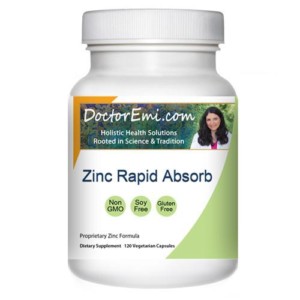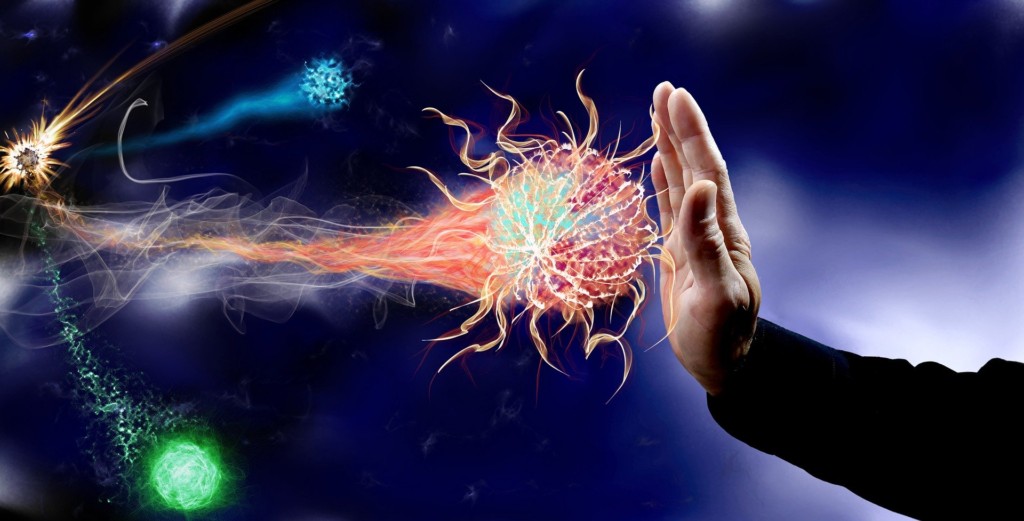Having knowledge of what to have in your immune-boosting arsenal has become more important than ever in the past few months. We’ve all heard and read about pandemics but most people never dreamed they’d be living through one! Well, sadly, here we are. We know the sensible steps to take with regard to washing our hands, social distancing, wearing a mask in public, etc. But can we do more? Can we help our immune systems to better stave off viral attacks? In the quest to stay healthy, the importance of zinc cannot be understated.
What is Zinc?
Zinc is a small mineral that can make a big difference! In the realm of trace minerals, zinc is preceded only by iron in its concentration in the human body. Not only is zinc an extremely necessary element for proper immune system function, it also plays an important role in metabolism, and helps to break down carbohydrates.1
The “Common Cold” Virus and Zinc
We’re all too familiar with the pesky common cold. The “cold” is actually a type of coronavirus. Bear in mind, the term, “coronavirus,” refers to a family of viruses. Obviously, a cold is nowhere near as dangerous and damaging as the novel (new) coronavirus, COVID-19. However, people everywhere commonly become infected with the coronaviruses HKU1, NL63, OC43, and 229E, which cause upper respiratory infections—the latter two usually bearing responsibility for the common cold.2,3,4,5 There is evidence to show that zinc lozenges (that do not contain citric acid) may shorten the duration of colds6 if taken at the onset of the cold.7
The Larger Antiviral Role of Zinc
The roles zinc play in immune function are vast, and include DNA replication and RNA transcription. “Zinc is crucial for normal development and function of cells mediating nonspecific immunity … such as natural killer cells.”8 There are ongoing studies investigating zinc both as an antiviral in its own right, as well as a catalyst for antiviral immunity. It has been shown that zinc levels affect antiviral immunity in both the HIV and hepatitis C viruses.9 Zinc has been shown to block the replication of RNA viruses in vitro.10 Covid-19 is an RNA virus that replicates its genomes.11,12 It is believed that cytokine storms (wherein the body attacks its own cells rather than the invading virus) may be responsible for a number of COVID-19 deaths.13 Zinc has been shown in studies to lessen inflammatory cytokines, and also plays a vital role in anti-inflammatory and immune functions.14 Because zinc has been shown effective in treating very severe pneumonia cases and other viruses, a trial is underway in Australia to test the benefit of intravenous zinc in COVID-19 patients.15
The Necessity for Zinc as We Age
Older people are usually more susceptible to viral infections than younger adults because the immune system becomes deficient in the elderly; this deficiency is thought to be connected with a deficiency of zinc.16,17 A double-blind study of zinc supplementation involving fifty healthy people of all ethnic backgrounds, ages 55-87, was conducted at a senior center. This group’s baseline zinc level was initially compared to a group of younger adults; the elderly group showed significantly lower plasma zinc levels. After 12 months of zinc supplementation in the older group, zinc blood levels increased and the the incidence of infections was notably lower, as were inflammatory markers.18
In another larger study, older people in an institution (ages 65-103), whose diets were supplemented with 20 mg daily of zinc along with selenium, exhibited higher antibody protection after having had the influenza vaccine.
Zinc deficiency in older people can impair signaling at the cellular level which then impairs the immune system’s function leading to higher susceptibility to infectious diseases, e.g., pneumonia, and, re-infections of the herpes zoster virus in the form of shingles.19
Sources of Zinc
Some zinc-containing foods are (from high-to-low): oysters, beef, lobster, crab, pork, chicken (dark meat); and to a lesser extent: pumpkin seeds, cashews, almonds, kidney beans and peas.20
Zinc Supplementation
Supplementing our diets with zinc is a good idea these days as many of us do not eat adequate amounts of zinc-rich foods for various reasons, including religious food restrictions, veganism, vegetarianism, food allergies, just plain not liking the foods containing zinc, and/or are in the age group of people who are no longer absorbing adequate amounts of zinc.
Zinc Rapid Absorb

Zinc Rapid Absorb is made in the USA in a GMP-compliant facility. It does not contain: wheat, gluten, corn, yeast, soy, animal or dairy products, fish, shellfish, peanuts, tree nuts, egg, ingredients derived from genetically modified organisms (GMOs), artificial colors, artificial sweeteners, or artificial preservatives. Zinc Rapid Absorb consists of a specialized TRAACS® amino acid chelate formula, “zinc bis-glycinate chelate,” which has been shown in studies to be safe, well-tolerated, and to have superior absorption compared to that of zinc gluconate.21
My patients often tell me that since they’ve gotten their blood levels of Vitamin D to a healthy place, and supplemented their diets with zinc, they’ve not had a cold or the flu for many years!
Can a Person Overdose on Zinc?
The answer is, yes. Excessive22 amounts of zinc can cause nausea, vomiting, epigastric pain, lethargy, fatigue,23 and also peripheral neuropathy due to resulting copper deficiency.24 I have seen 100 –150 mg a day being recommended, which is too much! Zinc is a trace mineral which is not well-stored by the body; 20 mg is a safe daily amount to maintain healthy blood levels.
Please discuss this, or any dietary supplement you take or wish to take, with your physician, as dietary supplements can react with prescription medications as well as with one another.


